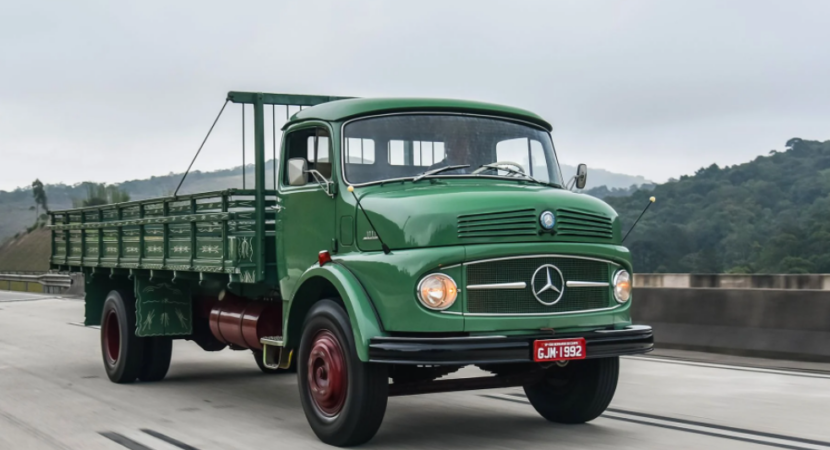
Provisional Measure No. 1.112/22 deals with the creation of a program to renew the fleet of heavy vehicles, allowing resources to no longer be allocated to Research and Development on the environment and climate.
The Provisional Media No. 1.112/22, signed by President Jair Bolsonaro establishes the Renew program. The idea is that trucks, buses and other heavy cargo vehicles, aged over 30 years or in conditions of scrapping, may be withdrawn from circulation, allowing the driver to receive a reward with a market value of the vehicle. However, scientific entities see PM as a threat, as the resources from this recycling (from oil companies) may affect the incentive for research on climate impacts. In view of this, the Congress was triggered.
According to a note written by the Brazilian Society for Science and Progress (SBPC) and other scientific entities, addressed to deputies and senators, the MP poses a threat to the national system of science, technology and innovation, since, in articles 7 and 12 there is forecast redirection resources that come from oil companies.
Videographer: Luiz Davidovich says that “They are exchanging knowledge for scrap metal”
The note sent to the National Congress says that “the Law No. 9478 / 97, emptied by MP 1.112/2022, obliges that, from the gross revenue from oil and gas production by oil companies, 0,5 to 1% should be allocated to R&D (Research and Development) projects in the country, as a counterpart to the State for the assignment of oil basins for exploration. The Provisional Measure allows oil and gas exploration companies to apply, without limits, these resources to dismantling or destroying heavy vehicles as scrap metal at the end of its useful life, an activity that is inconsistent with the central objective of the State policy for the sector, established by the Law itself”.
Which sectors could be affected by redirecting resources from oil and gas exploration companies to the truck recycling program?
Law nº 9478/97 completes 25 years in 2022. From the point of view of SBPC, it has been successfully applied, generating pioneering technologies in the world and tangible results for Brazil, in addition to and contribute to self-sufficiency in the production of oil.
Since it was instituted, the Law has allowed the creation of 150 laboratories throughout the country, in addition to allowing for agreements and contracts with more than 200 universities and research institutes. The resources provided the development of technologies for obtaining green hydrogen,
wind energy on offshore platforms and biofuels.
Government wants more logistical efficiency with the recycling of heavy vehicles and justifies how the environment will benefit
If, on the one hand, scientific entities try to alert the National Congress about the threat to research and development resources in the environment, on the other hand, the Government is working to convey the image that the recycling of heavy vehicles, through the Renovar program, means greater road safety and lower costs with accidents and respiratory illnesses.
The Government also justifies that a younger fleet of trucks and other heavy vehicles benefits the environment by consuming less fuel and promoting a drastic reduction in the emission of pollutant particles and gases.

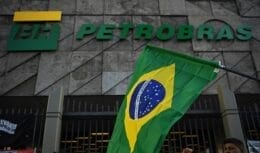
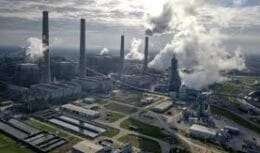


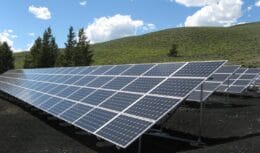

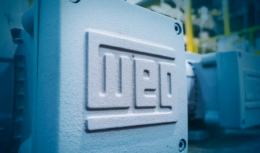




I'm blocking your website on Google because...
Wonderful! I want it👏👏👏👏
Since the beginning of the presidential campaign, when…
That depends, if you have the money to…
This is Bozo FDP's thing
The country that spends on aircraft carriers…
Paying 119K to drive in an Altinho car,…
Cool! This means that you…